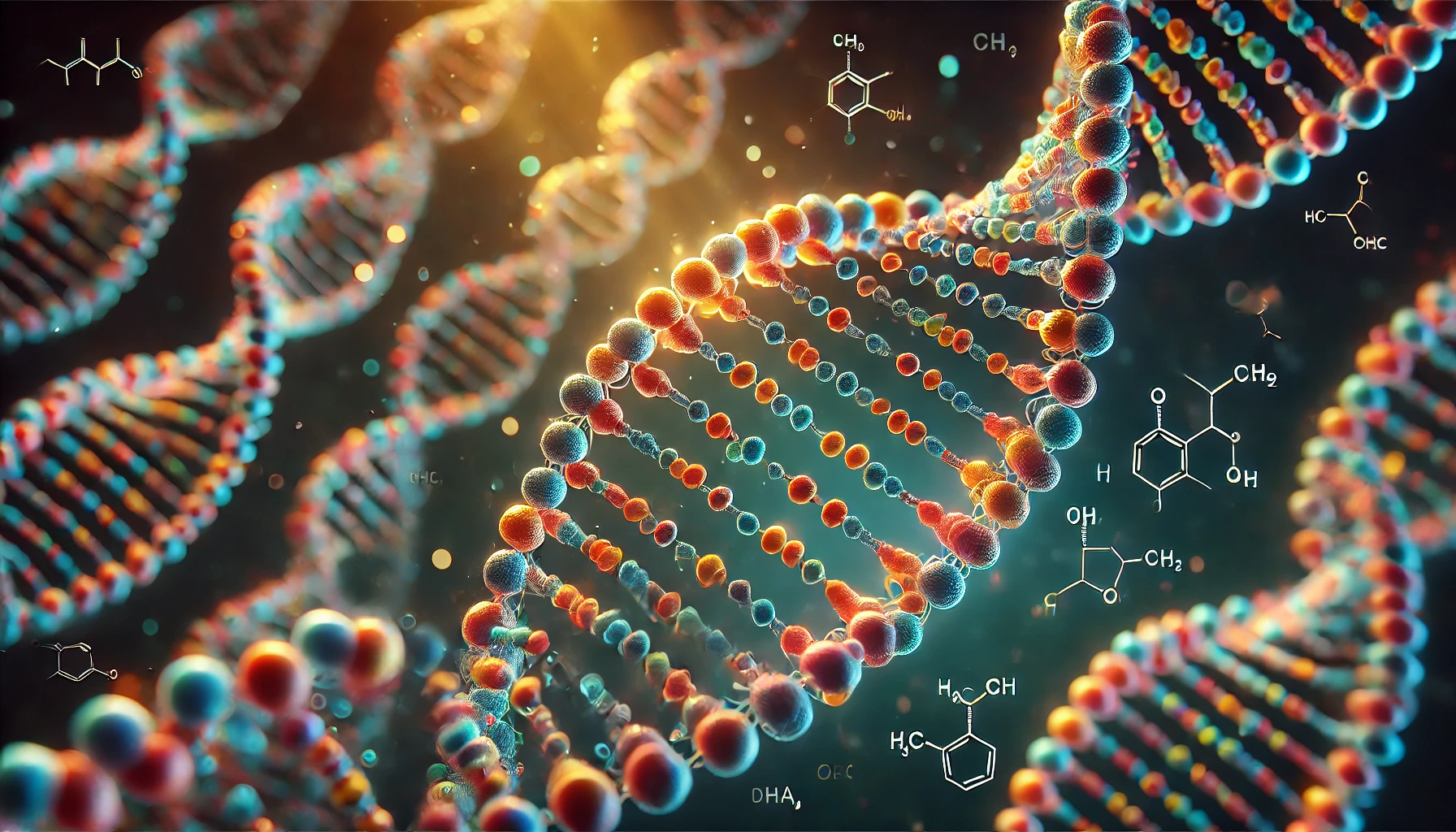PTC's Kebilidi Gains FDA Approval as First Brain-Delivered Gene Therapy for AADC Deficiency

Kebilidi represents a groundbreaking advancement in the field of gene therapy as it becomes the first U.S.-approved treatment that can be administered directly to the brain to address aromatic L-amino acid decarboxylase (AADC) deficiency. This rare and devastating disorder manifests in severe physical, mental, and behavioral disabilities from infancy, with only around 350 documented cases. By introducing a functional human DDC gene into the brain, Kebilidi aims to enhance enzyme activity and restore dopamine production, thus significantly improving motor development in affected individuals[1][2][3]. The therapy is administered through neurosurgical infusion directly into the brain, providing an innovative approach to correcting the underlying genetic defect. This approval highlights a broader acceptance and expansion of gene therapy applications, providing PTC Therapeutics with a crucial market advantage despite previous setbacks in its other drug development endeavors[1][3].
References
Explore Further
What are the key differences between Kebilidi and other gene therapies that target genetic disorders?
How does the neurological infusion process work in the administration of Kebilidi and what specific challenges does it present?
What measures are in place to monitor the long-term effectiveness and safety of Kebilidi in patients with AADC deficiency?
How is PTC Therapeutics planning to leverage the rare disease priority review voucher attained through Kebilidi's approval?
What impact could Kebilidi's approval have on future gene therapies targeting other rare diseases?